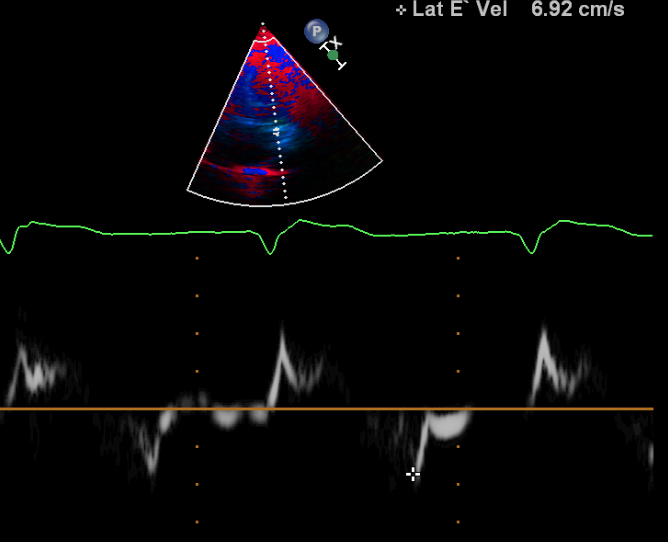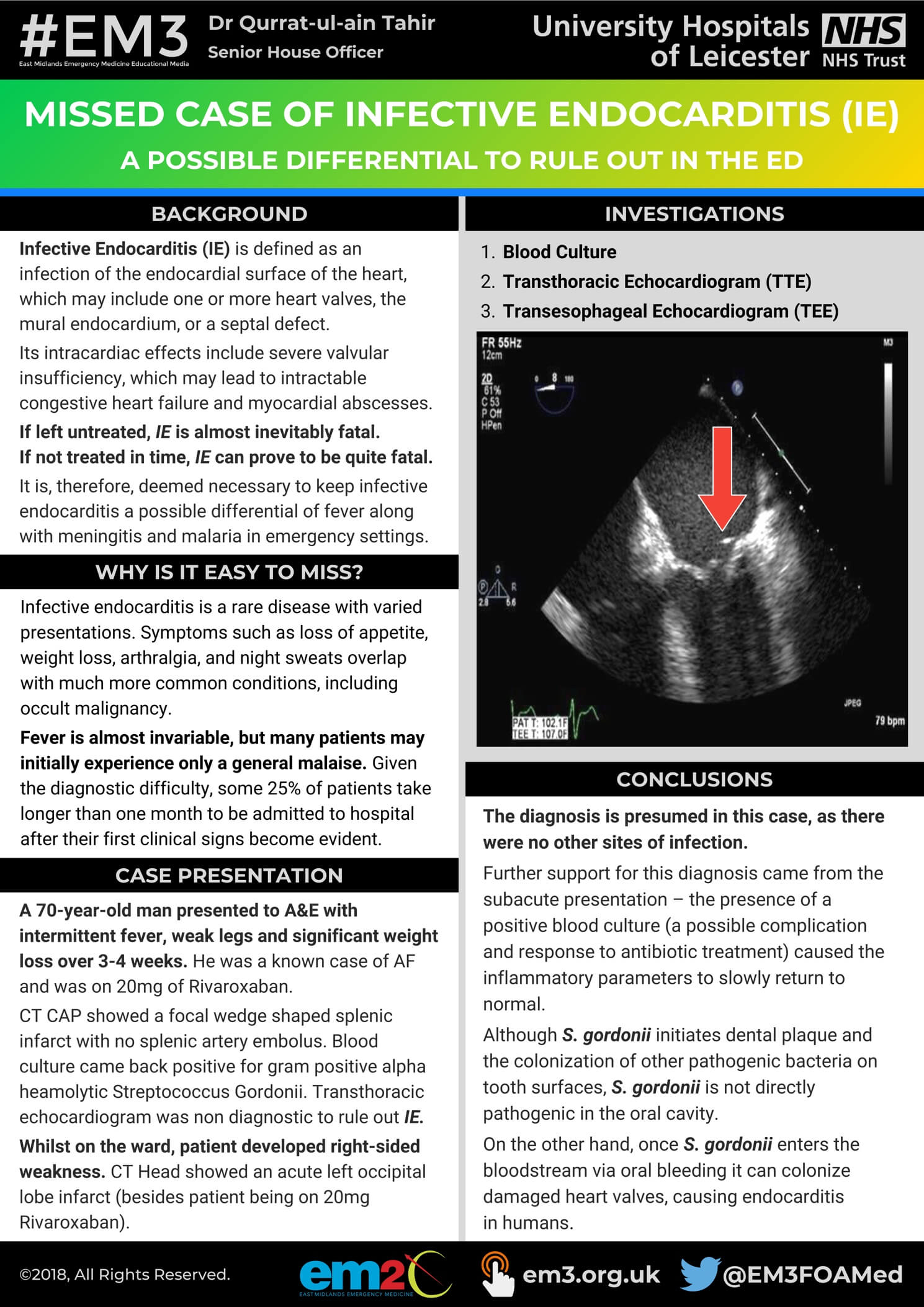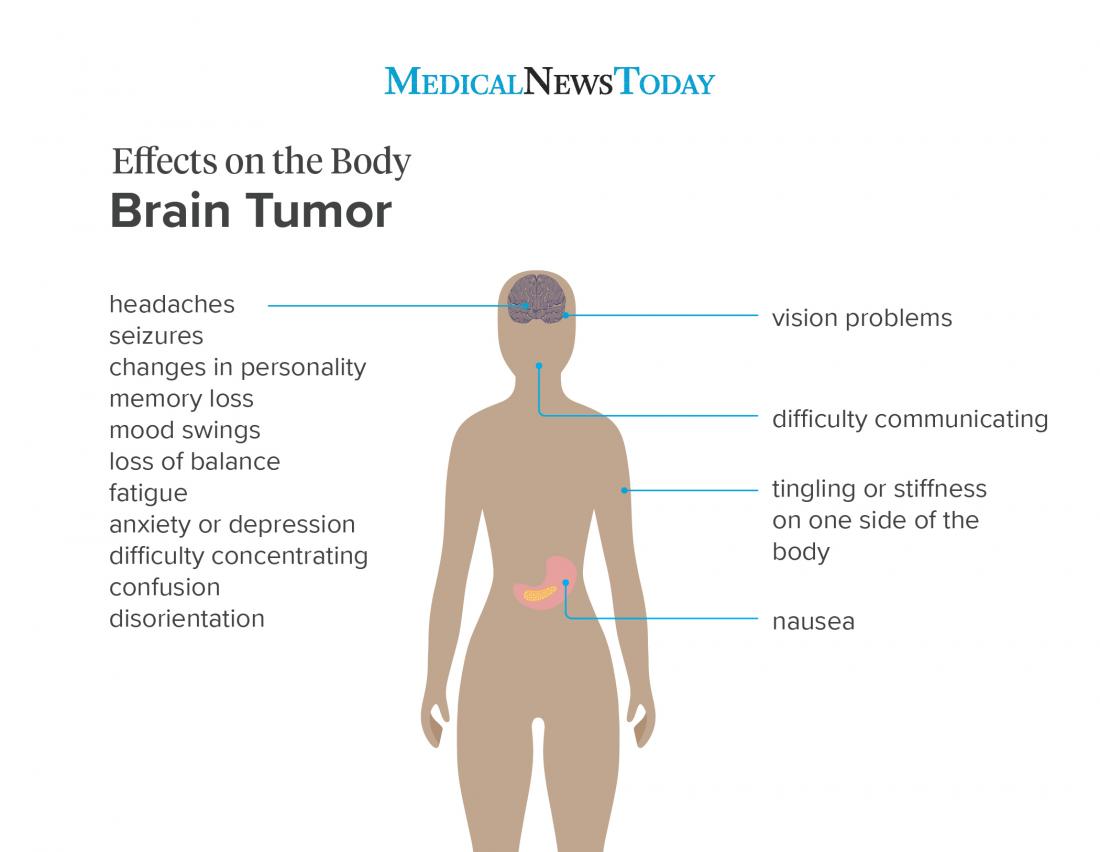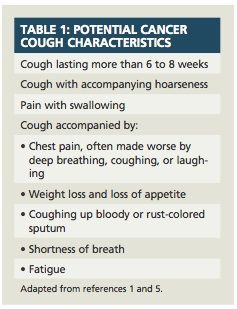Keep reading to find out what those things. A stress echocardiogram or a nuclear stress test are each about 90 percent accurate in correctly identifying a severe coronary blockage ie at least one of the coronary arteries has a narrowing greater than 70 percent explains Dr.
 What Does An Echocardiogram Show Myheart
What Does An Echocardiogram Show Myheart
Typically echocardiograms are very accurate in terms of structural heart disease and I would normally consider them conclusive that there is no structural heart disease if the echocardiogram was normal.

What can an echocardiogram miss. Can view wall motion abnormalities also. To add to the abovewhat can it miss. What Does An Echocardiogram Show Guidance Of Procedures.
It does not and therefore missed are arrhythmias as well as ischemia lack of blood flow in the coronary arteries. Mild Stenosis may be missed on PE and Echocardiogram depending on the experience of the examiners. The size of your heart.
An echocardiogram echo is a test that uses high frequency sound waves ultrasound to make pictures of your heart. A CT scan without contrast dye the type used in identifying a. The commonest technique in echcardiography is the trans thoracic technique.
So one could have clogged up arteries but unless there is already damaged muscle we could miss it on echo. Using the esophageal technique detects some asds missed by the transthoracic technique. Some might be minor and pose no risk to you.
Larry Santora MD cardiologist medical director of cardiac CT and medical director of the Vascular and Wellness Center Saint Joseph Hospital Orange CA and author. What is an echocardiogram. It may be possible that the stenosis may have progressed over a year 514 views.
It takes measurements of the heart walls chambers valves etc. The CT angiogram CAT scan with contrast dye shows soft-plaque buildup but it also emits radiation. The problem can be a prior heart attack scarred tissue or heart muscle disease.
There are other medical exams that are excellent at detecting clogged arteries but echocardiography just isnt one of them. The ECG is very good at picking up electrical faults of the heart but the echocardiogram is a much more detailed investigation that looks at structural abnormalities of the heart. Your doctor may use echo to learn about.
So minor holes in the heart minor valve problems will be missed by an ECG but will be picked up with an. And one of those things that an echo is unable to tell us is whether or not you have clogged arteries or blockages. Coronary arteries are just too small to be imaged well with echo.
Echocardiograms-Botched Misread or Overutilized. If significant will be picked on Echocardiogram and physical examination. Others can be signs of serious heart disease or other heart conditions.
No an echocardiogram is not going to miss aortic stenosis. Echo is not really helpful in looking at coronary arteries the vessels that feed the heart muscle or at electrical problems. But there are some things that an echocardiogram cannot tell us.
Echo is not really helpful in looking at coronary arteries the vessels that feed the heart muscle or at electrical problems. Some issues with the heart are going to be extremely obvious on an echocardiogram and things like muscle wall thickness valve issues like aortic stenosis are not going to be missed. An enlarged heart might be the result of high blood pressure leaky heart valves or heart failure.
They might also order an echocardiogram if something abnormal like a heart murmur is detected during an exam. Would the ECHO pick up anything the ECG would miss. Also metrics are estimates.
Coronary arteries are just too small to be imaged well with echo. An echocardiogram is an ultrasound of the heart that unlike a catheter angiogram the gold standard for showing plaque buildup in arteries is non-invasive and carries no risks. A transthoracic echocardiogram may not detect some asds.
Doctors might want to see an echocardiogram to investigate signs or symptoms of heart diseases like shortness of breath chest discomfort or swelling in the legs. Cardiologists have developed an absolutely awesome tool for both visualizing the anatomical structure and movement of the cardiac valves and chambers and precisely measuring the flow of blood through the heart called Doppler-echocardiography. It estimates heart function and can tell if is weak strong stiff etc.
So one could have clogged up arteries but unless there is already damaged muscle we could miss it on echo. Heart wall movement is observed and if impaired the EF will be below normal. An echocardiogram does not see the arteries that feed the heart muscle.
Echo can detect many heart problems. Echocardiography can be used to guide certain heart procedures such as the Mitraclip procedure the TAVR procedure paravalvular leak repair mitral valvuloplasty alcohol septal ablation and many othersIn many cases advanced techniques such as 3D transesophageal echocardiography may be required. As for structural heart disease there is nothing dangerous that I can think of that an echocardiogram could miss.
It cannot tell if someone has coronary artery disease. The test is also called echocardiography or diagnostic cardiac ultrasound. Echo also can detect increased thickness of the ventricles the hearts lower chambers.
/trichomoniasis-diagnosis-5ada063aa9d4f9003dbb371b.png)
/trichomoniasis-symptoms-5af1a902ff1b780036862e5a-5dc514d411c94b71a8e0c55ae81f87d4.png)








